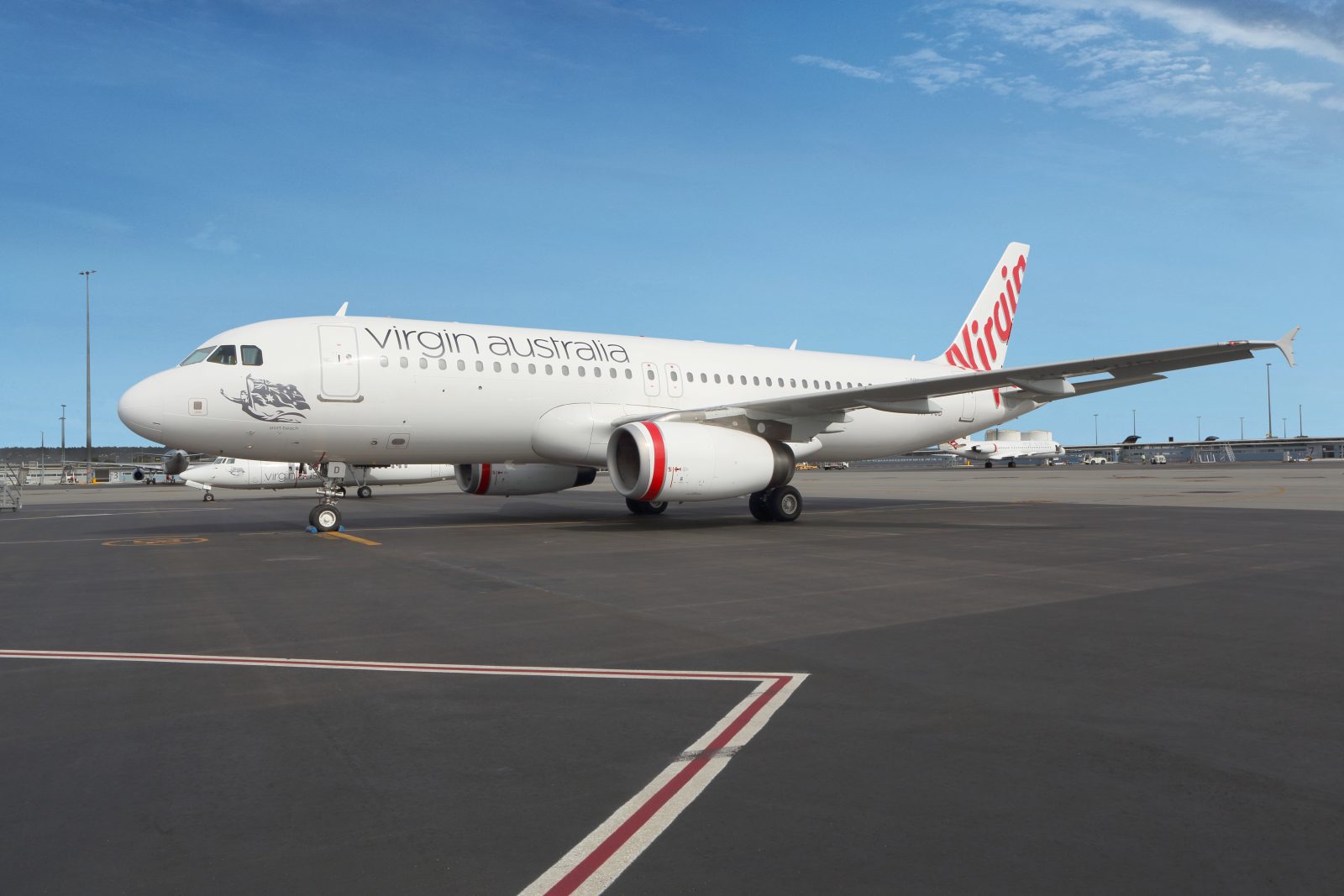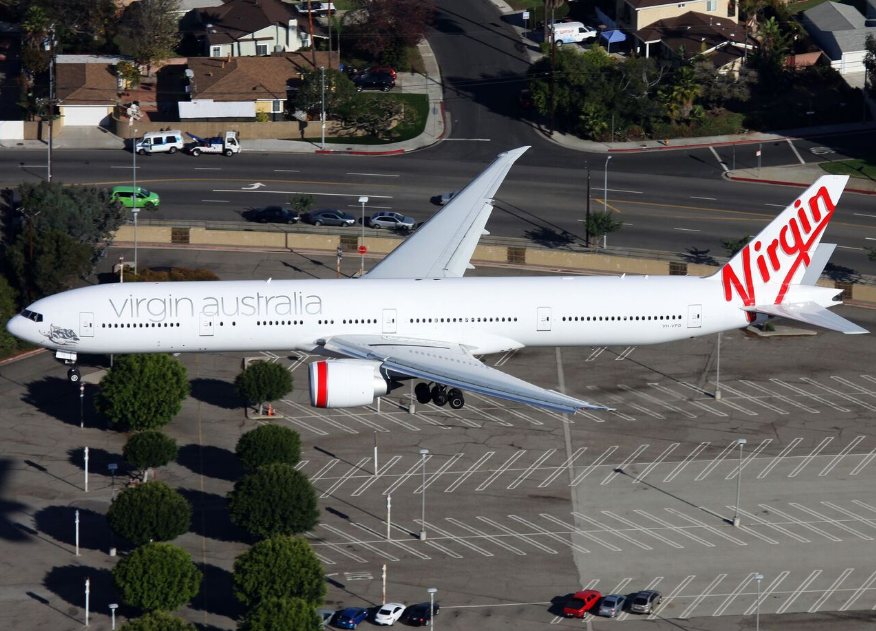
Virgin Australia has become the aviation industry’s biggest victim of the ongoing COVID-19 crisis after it confirmed it would enter voluntary administration on Tuesday morning. But entering voluntary administration doesn’t necessarily mean this is the end of the road for Australia’s second-largest airline – instead, the carrier will continue flying its published schedule as administrators look to restructure the company and seek new investors.
Administrators from Deloitte have been appointed to oversee the process and one administrator has already said there’s been an “extraordinary” amount of interest with at least 10 buyers lining up to submit bids. It’s far too early to say, however, what the airline might look like after the administration process finishes.

Virgin Australia was already struggling before the Coronavirus pandemic and the beleaguered airline was saddled with A$5 billion in debt. But Paul Scurrah, Virgin Australia’s chief executive, said the airline “didn’t trade our way into this problem – we had our oxygen cut off.”
Scurrah has urged the federal government to stump up the cash for a $1.5 billion bailout to keep Virgin Australia flying – a plea that the Morrison government has so far rejected. Instead, Virgin Australia is sharing a $715 million rebate package with Qantas to keep a minimum domestic schedule running.
Up to 10,000 directly employed jobs are at risk, while a further 6,000 jobs supported by Virgin Australia could also be in jeopardy if the airline stops flying. More than 8,000 staffers have already been temporarily stood down owing to the COVID-19 crisis.
Jobs will be retained during the administration process.
“Our intention is to undertake a process to restructure and re-finance the business and bring it out of administration as soon as possible” explained administrator Vaughan Strawbridge.
Strawbridge said there had been “several expressions of interest so far” in the Virgin Australia business.
Despite lobbying the federal government to reject a financial bailout for its rival, Qantas said it would not have a monopoly on the domestic aviation market and credited Virgin Australia with bringing competition to Australian skies. “Their hard work has brought more competition to the market, which helped create Jetstar and ultimately pushed Qantas to do better,” a spokesperson said of the news.
Virgin Australia is currently owned by Singapore Airlines, Etihad Airways and the Chinese HNA Group. Richard Branson’s Virgin Group also owns a 10 per cent stake in the business. Yesterday, Branson wrote an open letter to Virgin employees saying both Virgin Australia and Virgin Atlantic would need government bailouts to survive.
Mateusz Maszczynski honed his skills as an international flight attendant at the most prominent airline in the Middle East and has been flying ever since... most recently for a well known European airline. Matt is passionate about the aviation industry and has become an expert in passenger experience and human-centric stories. Always keeping an ear close to the ground, Matt's industry insights, analysis and news coverage is frequently relied upon by some of the biggest names in journalism.







